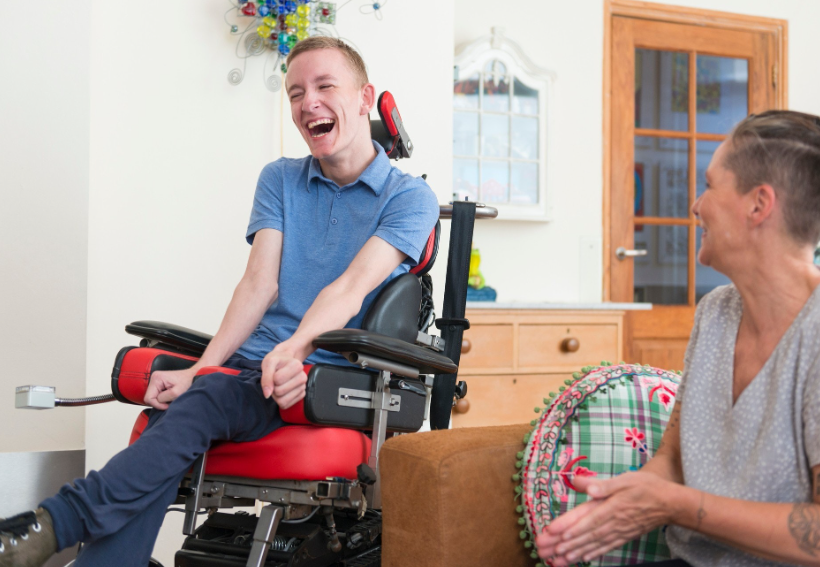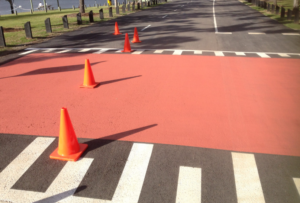As comprehensive disability support is becoming increasingly in demand, so is access to proper respite accommodation NDIS volunteers. Caring for someone with a disability can be challenging, and it’s important for carers to take a break to avoid burnout. This fact inspired NDIS to make funding for respite accommodation a reality.
However, navigating the challenges of accommodation services can be difficult for carers, which can have an impact on their services. So, it’s important to be aware of these challenges to ensure carers get the support they need.
-
Lack Of Information
Many carers do not know where to look for accommodation, what options are available, or how to navigate the system. To address this challenge, it is important to provide carers with suitable resources. This could include online directories, brochures, and helplines staffed by knowledgeable professionals who can guide carers through the process.
-
Reports Of Inaccessible Or Unsuitable Accommodation
Carers often cite that the accommodation options are not suitable for their specific needs. It is important to ensure that accommodation providers are aware of the needs of people with disabilities. This could involve training for accommodation providers, as well as greater investment in accessible accommodation options.
-
The Issue of Last-Minute Bookings
Carers often need to take a break at short notice, and finding suitable accommodation can be incredibly difficult. There will need to be a range of flexible respite accommodation options available, including last-minute bookings. There are also issues with the availability of short-term accommodation, which is often very expensive and can be difficult to find.
-
Access To Short-Term Care
Access to short-term accommodation is another challenge that NDIS careers face when trying to find respite accommodation. The solutions could involve investing in additional short-term care services or working with existing providers.
-
Adequate Staff Support
Carers might benefit from trained professionals to ensure that their loved ones receive the care they need while they’re away. Addressing this issue involves investing in additional staff or working with existing providers to ensure that they are able to provide the necessary level of support.
Conclusion
Respite accommodation is a lifeline for NDIS carers and a guarantee of proper attention and support for their wards. However, securing access to it isn’t always the most straightforward undertaking. With these tips in mind, you can better prepare yourself for the process of ensuring respite accommodation.




